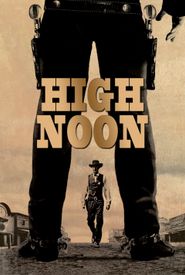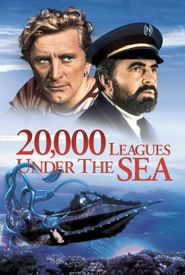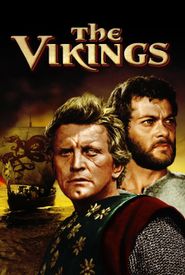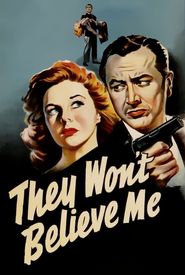James Elmo Williams, a renowned film editor, director, and producer, was born in Lone Wolf, Oklahoma. After being orphaned at the age of 16, he attended schools in Oklahoma and New Mexico before relocating to Los Angeles.
In 1933, Williams struck up a relationship with film editor Merrill G. White, who hired him as his assistant on a business trip to England. Under White's guidance, Williams learned the basics of film editing and soon gained a reputation as a first-rate editor, working extensively at RKO.
Throughout his career, Williams made significant contributions to the film industry. In 1947, he edited the documentary "Design for Death," which earned an Academy Award for Best Documentary. His editing work on the western classic "High Noon" in 1952 also earned him an Oscar.
In addition to his editing work, Williams branched out into directing, producing several low-budget films for Lippert Pictures and Republic Pictures. He journeyed to Europe in 1958 to work as an editor and second-unit director on "The Vikings" and eventually stayed for several years, producing and directing the TV series "Tales of the Vikings" in 1959.
Upon his return to the United States, Williams was hired by 20th Century-Fox as a second-unit director and associate producer. He was sent back to Europe to work on the World War II epic "The Longest Day" in 1962, helping to stage the film's spectacular battle scenes.
Williams had another extended stay in Europe when he was appointed Managing Director of European Production for Fox, a position he held until 1966. He returned to the United States to work on another World War II epic, "Tora! Tora! Tora!" in 1970.
In 1970, Williams was appointed Vice President in charge of Worldwide Production at Fox, a job he left in 1973 to go into independent production.






















